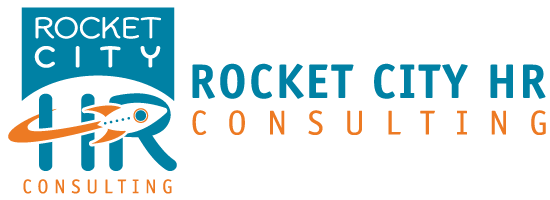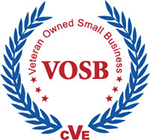On March 19, the Equal Employment Opportunity Commission (EEOC) and the Department of Justice (DOJ) issued joint guidance on Diversity, Equity, and Inclusion (DEI) programs. The document explains what kinds of DEI efforts can violate federal law.
The agencies stress that Title VII of the Civil Rights Act of 1964 forbids employers from making decisions, including hiring, promotion, discipline, or termination, based on protected traits like race, ethnicity, national origin, or sex. These protections apply to employees, job applicants, interns, and trainees.
Under the guidance, a DEI policy crosses the legal line if an employment action is motivated, even partly, by someone’s protected characteristic.
The guidance provides examples of what is likely to be considered unlawful DEI.
Examples include:
- Using quotas or otherwise balancing a workforce using protected characteristics.
- Hiring or firing based on protected characteristics.
- Promoting, demoting, conditioning, or changes in compensation and/or fringe benefits based on protected characteristics.
- Limiting, segregating, and/or classifying employees based on protected characteristics.
- Workplace harassment motivated by protected characteristics.
- Retaliation by an employer or covered entity because an individual engaged in an activity protected under Title VII.
Additionally, the 90-day safe-harbor period expired on April 21, 2025. Federal contractors should confirm that their practices and policies have been reviewed and updated to meet the current administration’s directives and make any remaining adjustments immediately to stay compliant.
EEOC FAQ Guidance







